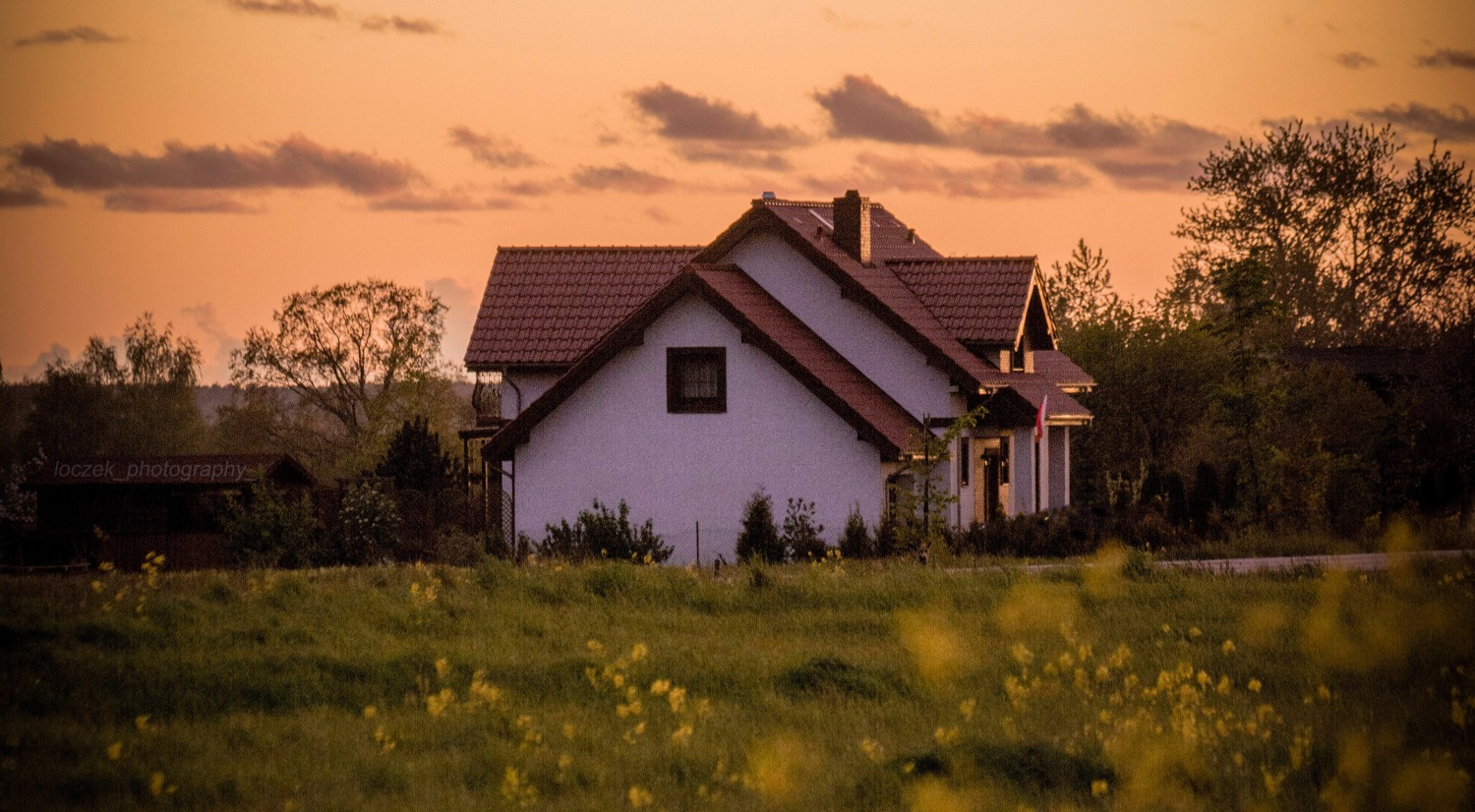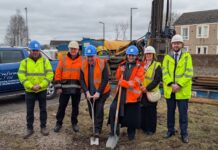
SSEN Transmission is to deliver over 1,000 new homes in the north of Scotland to accommodate the workforce on its £20 billion Pathway to 2030 project before later handing the properties over to support local housing needs.
The initiative, heralded as an ‘industry first’, will be announced at the Housing Challenge Summit in Aviemore, with it coming in collaboration with local authorities, registered social landlords, and other housing organisations.
The Pathway to 2030 programme will see the upgrade of the transmission network across the north of Scotland to support energy security and national net-zero ambitions, with workers’ accommodation being required to deliver the project.
SSEN Transmission said it aims to create a legacy in the communities that will host its workforce by delivering housing that will later support local housing needs once the projects within the wider programme are completed.
The scale of delivery of the new housing will see 400 homes built in the Highlands, a similar number in Aberdeenshire, and other ‘significant’ housing activity is planned in and around Pathway to 2030 project sites elsewhere in the north – with further announcements expected in the coming months.
Coming as part of SSEN Transmission’s new housing strategy, the blueprint was developed over the last year in collaboration with contractors, local authorities, registered social landlords, and other housing organisations – with it detailing several delivery models that will be used to achieve its ambitions.
The strategy has been heralded as a potential ‘game-changer’ that could be used as a template by other infrastructure developers, driving housing development in the communities where their projects are based.
Rob McDonald, SSEN Transmission MD, said, “Our commitment to support the delivery of more than 1,000 new homes in the north of Scotland reflects ongoing work led by SSEN Transmission with the support of our contractors and partners, focused on finding workforce accommodation solutions that will provide a legacy for communities where the lack of housing for local people is a key issue.
“This is a significant and innovative contribution to addressing the housing challenges in the north of Scotland, and it also demonstrates how we can work in partnership to develop imaginative proposals that will deliver new homes and act as a template for other developers.
“Discussions are ongoing with local authorities, developers and registered social landlords over the location and scale of potential projects, and we expect to make further announcements in the coming months that will demonstrate substantial benefits to local communities.
“Our £20bn investment in the transmission network is the biggest investment programme the north of Scotland has seen in decades – and our ambition to create a housing legacy reflects our determination to make a lasting and positive contribution in the communities hosting our infrastructure.”
Scottish Government’s housing minister, Paul McLennan, added, “I welcome the innovative approach being taken by SSEN Transmission to support the delivery of an additional 1,000 new homes across the north of Scotland. These homes will initially be for workers upgrading the local energy infrastructure to support Scotland’s net-zero targets and will support a longer-term legacy across the region.
“We will work with SSEN Transmission and other partners to ensure that the right homes are delivered in the right place, to benefit local communities for generations to come.
“Good quality housing is essential to attract and retain people in our communities. We remain focussed on delivering 110,000 affordable homes across Scotland by 2032, with at least 70% for social rent and at least 10% in our rural and island communities supported by our Rural and Island Housing Action Plan.”
Carolyn Lochhead, director of external affairs at the Scottish Federation of Housing Associations, commented, “Our members are looking forward to working alongside SSEN Transmission to provide much-needed homes across the north of Scotland.
“The housing emergency has hit rural Scotland particularly hard and has exacerbated so many other existing challenges such as depopulation, labour shortages, and underinvestment in rural communities.
“This investment will be vital for communities across the north of Scotland and is a good example of collaborative working to increase the supply of housing.”








